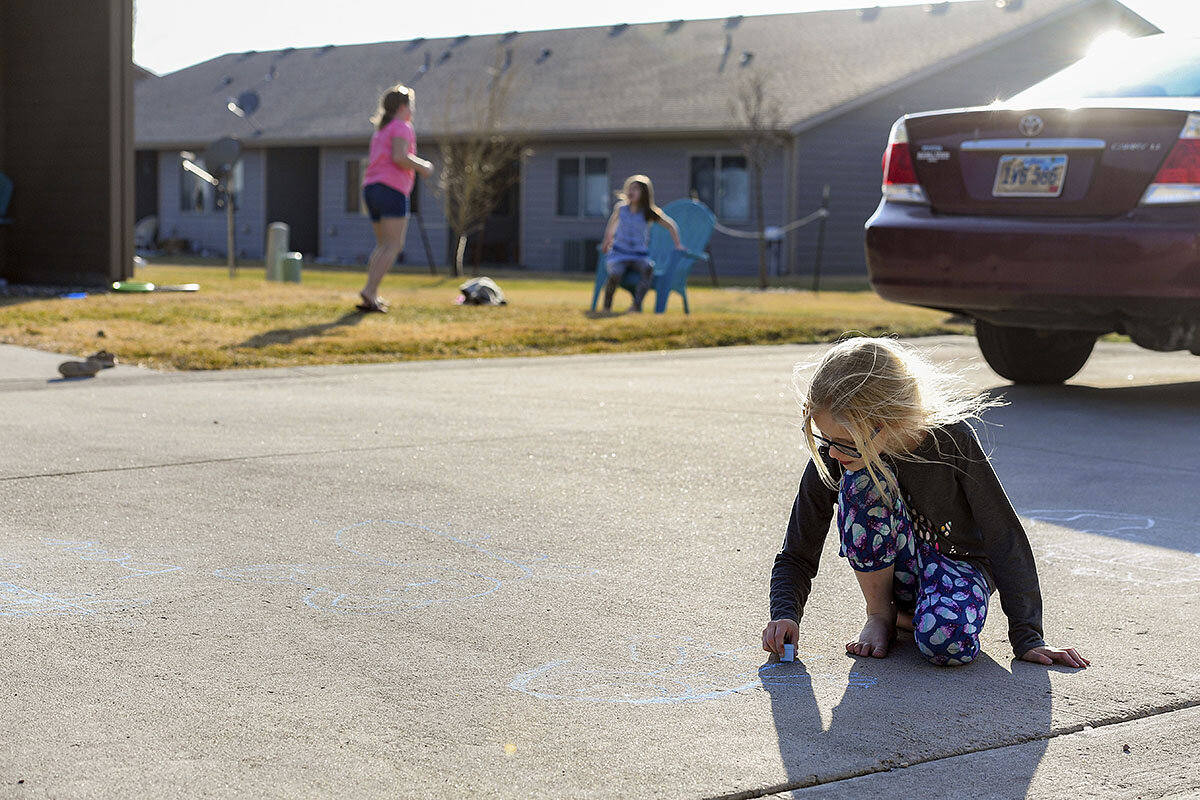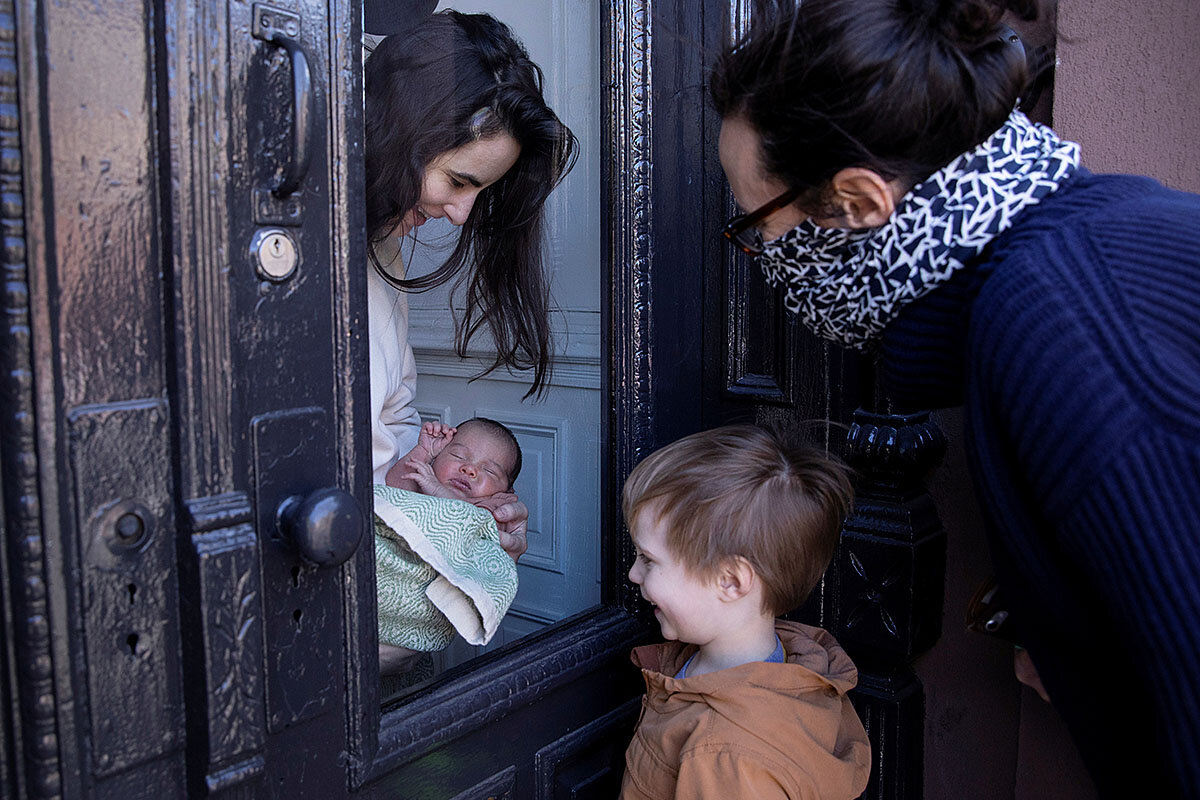Where Americans live can have a lot to do with how they see the coronavirus crisis. In rural areas, there was initially a false sense of security. But that may be changing.
Monitor Daily Podcast
- Follow us:
- Apple Podcasts
- Spotify
- RSS Feed
- Download
 Amelia Newcomb
Amelia Newcomb
Our Monday stories look at urban-rural divides around COVID-19, help for elderly people amid physical distancing, the struggles of India’s migrant workers amid lockdown, an unconventional music label, and the many ways we can still engage with nature. But first, a puzzling point.
When it became clear we were headed toward a period of physical distancing, my thought turned to puzzles. Their allure for me has always been modest. But long ago, they offered some happy warping of time and space at my great-uncle’s home in rural Vermont. So I ordered two 1,000-piecers.
As did a whole lot of other people. Puzzles now appear to rival toilet paper as a hot commodity. The German manufacturer Ravensburger has seen orders surge past Christmastime levels. The director of Yorkshire Jigsaw in northern England told The New York Times his company feels almost as if it’s on a “war footing.”
Leaving aside a dispute I noticed about whether referring regularly to the picture on the box is cheating (seriously?), puzzles do seem particularly well suited to the moment the world finds itself in. They amuse – as did a conversation about border edges that spurred reflections on grouping pieces. They surprise – as did my improving assessment of shapes as I tackled a monochromatic patch. They make us get over ourselves – as I did when I (sort of) gave up the desire to blame the cat for a “missing” final edge piece, and then found it hiding in plain sight. Perhaps most important: They remind us there are many strategies and approaches that can move us all down the road to making everything fall into place.










